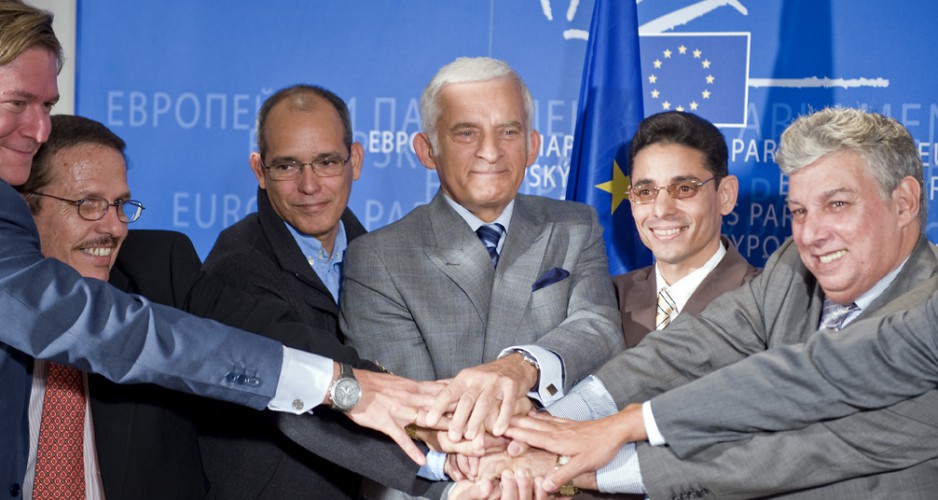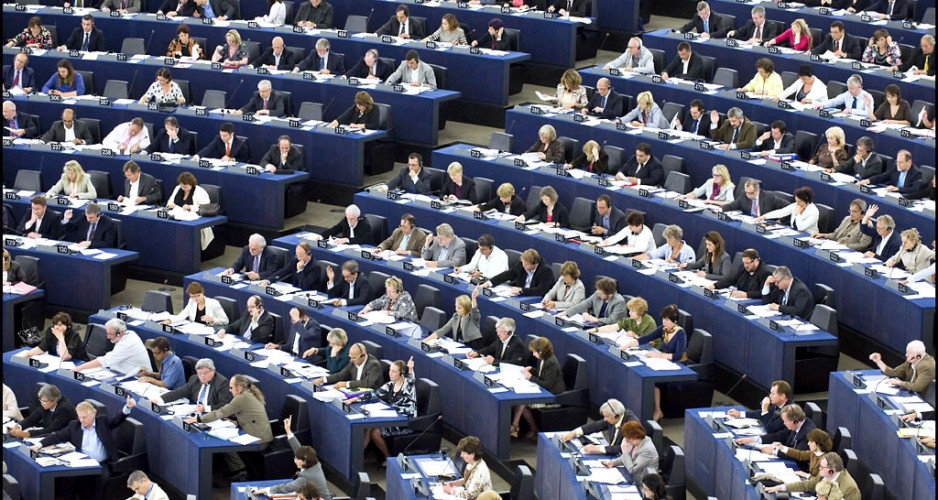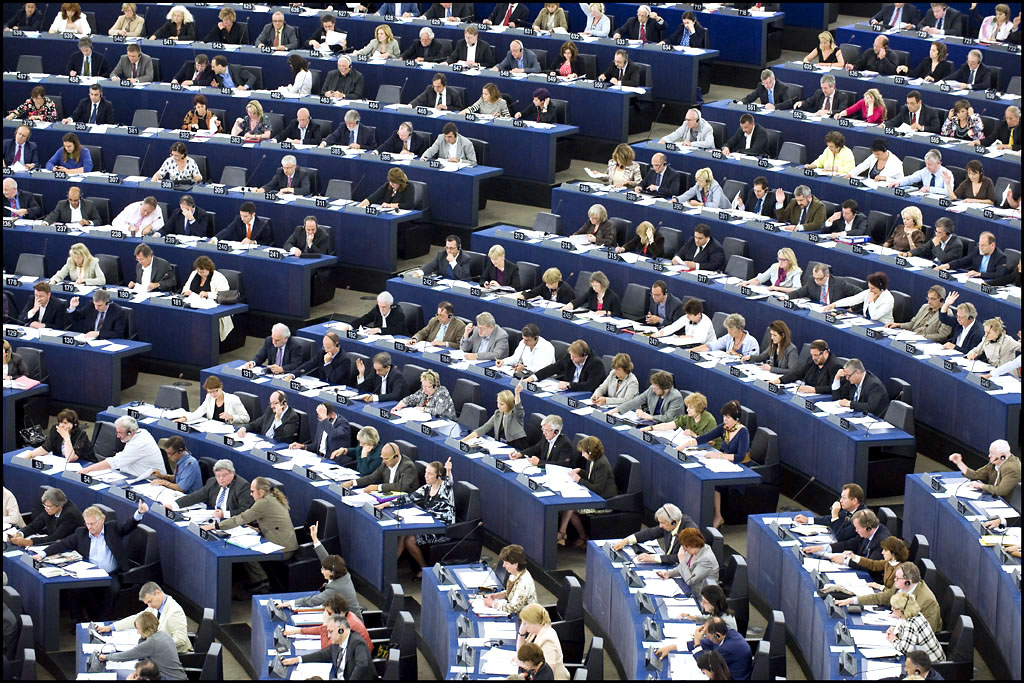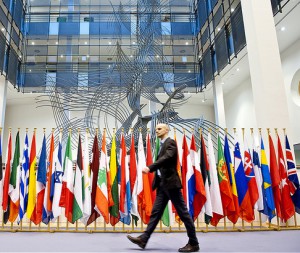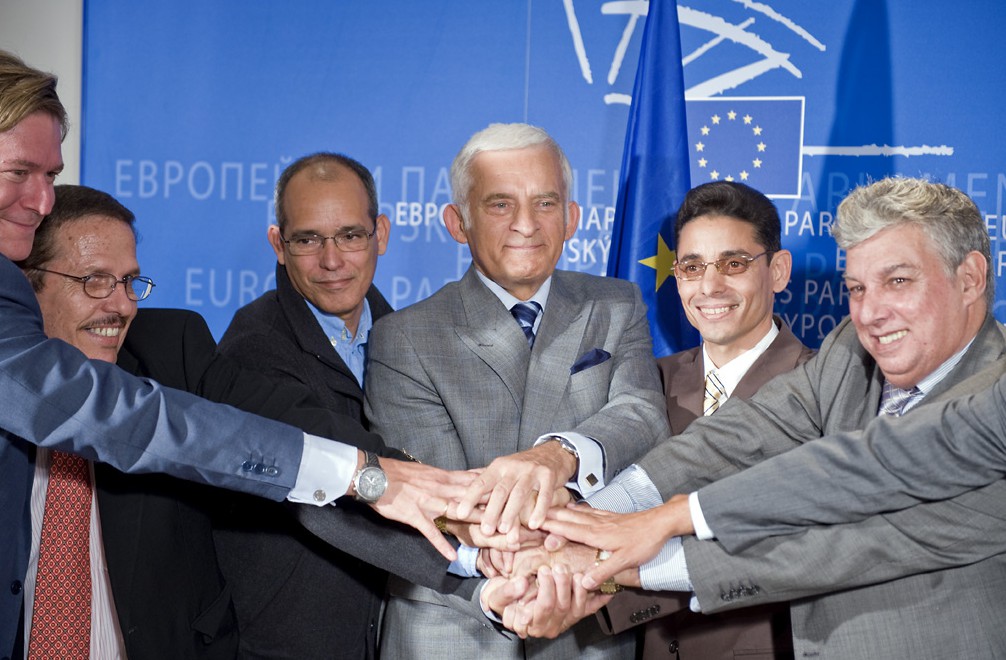
Every European citizen should be aware of the fact that since 1950, when the European Convention for Human Rights and Fundamental Freedoms was signed, countries are obliged to respond to any possible violation of human rights to a sovereign Court; this guarantees not only a major respect for every single person but also a stronger persistence of peace and democracy. Therefore Europeans should sensitize national governments to these Court’s functions to be enlarged and made more powerful, being it not only a guarantee for European citizens but also for foreigners who happen to be on the EU territory in order to escape from a dangerous situation for their own freedom or safety.
I am strongly faithful that this further step towards a complete unification can be reached and would mean the best possible guarantee of freedom. Indeed many doors have already been opened in the last 60 years by the EU. Lightening example of this appeared in the 1980s when Greece, Spain and Portugal had to embrace democracy as a fundamental condition for their membership; furthermore, we cannot forget about the situation of permanent peace between France and Germany (comparing to the 3 wars they fought in the last centuries) or still, about many chances of integration with Eastern countries begun after the collapse of the Berlin Wall.
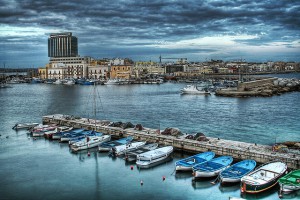
What particularly concerns me among the recent issues Europe has to deal with, is that of immigration. Italy, among all European Mediterranean countries, is increasingly and considerably touched by the phenomenon and evidently the measures taken to face it are neither efficient nor sufficient. Though, this is not just a problem linked to Southern nations. This is not only because we all need to develop the idea that all the topics concerning one European country actually concern all of them as parts of a single union. It also brings many more immediate and practical consequences: countries such as Italy are often seen by immigrants just as “Transit Countries”, the first of a long series of steps towards a family reunification up North. My personal interest on the point developed in 2009 when a group of Eritrean and Somalian immigrants arduously arrived next to Italian costs, were collectively sent back to Libya by the Italian authorities. All of this happened without any kind of acknowledgment about their personal backgrounds and any care for the risky and tiring trip they had just faced. The question naturally raised by such an event relates to how it is possible that nowadays a declared democratic country commits such an action, with total disregard to human dignity. Moreover several conventions signed by all European countries state that it is necessary to guarantee immigrants a refugee status whenever they run through the risk of ill-treatment in the country of origin (as in the case previously mentioned).
My personal requirement to the new European leadership would develop on two levels. First of all, from the European prospective, it is necessary to make the citizens, especially the new generations, feel more involved and personally touched by the problem. The second point would be to better organize and structure more in depth the procedures to welcome, host and help the incoming immigrants.
Indeed the European natives, especially in my country, do not conceive immigrants as a special chance to enlarge the national cultural horizons and as a resource but simply as the “others”, the “different ones” etc. All these feelings belong to a phenomena which should no longer appear in a 21st century democratic society such as racism, xenophobia and so on. A concrete episode which made me develop this belief is happening in my country. In the last 20 years, Lampedusa Island (situated in the extreme South of Italy) has been the symbol of hope and freedom for many refugees escaping from North African coasts.
Sadly, in such an historically fascinating place the first and most cruel kind of Italian stereotype against African immigrants originated.

To conclude, my personal requirement to the new EU leadership would be to work in order to develop and strengthen a unique European identity, especially among the young generation. The crucial point to focus on would be the respect for human rights; young generations especially should be made more aware of the fact that giving more power to over-national institutions, towards a Political Union, would be the only way to guarantee equal rights and opportunities to every person residing on EU territory. Additionally, young people should especially be taught how to develop a world-wide open way of thinking. For this reason, a common feeling of fear of the other such as the one nowadays present towards immigrants, is no longer acceptable.
About the author:

Camilla (21) is a member of the Eustory Alumni Network and writes articles for online magazines. She studies Law at the University of Turin.

